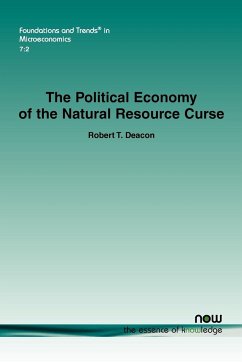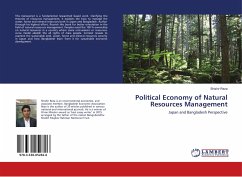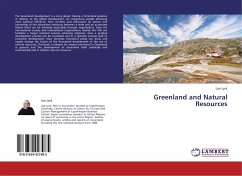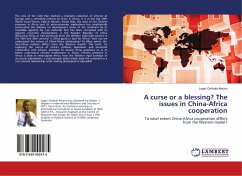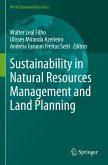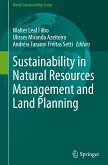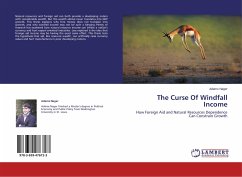The Political Economy of the Natural Resource Curse focuses on political economy theories of the resource curse and scrutinizes how well, or poorly, these theories have been integrated with empirical work. One reason why this integration is important lies in the practical importance of pinning down the causal links involved in the resource curse. A second reason for focusing on integration of theory and empirics is that the resource curse is a potentially fruitful venue for testing political economy theories generally. The Political Economy of the Natural Resource Curse starts with an overview of the broader economic literature on the resource curse, explaining how interest first arose and summarizing the market-based and political economy theories developed to explain it. After these preliminaries, the focus tightens to political economy research on the resource curse and examines theories and empirical evidence on the link between political conditions and perverse responses to resource booms. Section 3 reviews political economy theories of the resource curse based on rent-seeking. Section 4 reviews political economy theories that incorporate institutions explicitly. Papers offering general empirical findings without developing new theory are covered in Section 5. Conclusions are presented in Section 6 and focus on strengths and weaknesses of the existing literature, whether empirical analysis has successfully corroborated or refuted predictions from theoretical analysis, opportunities for future empirical research, and the question of whether or not the resource curse is a 'real' phenomenon.

